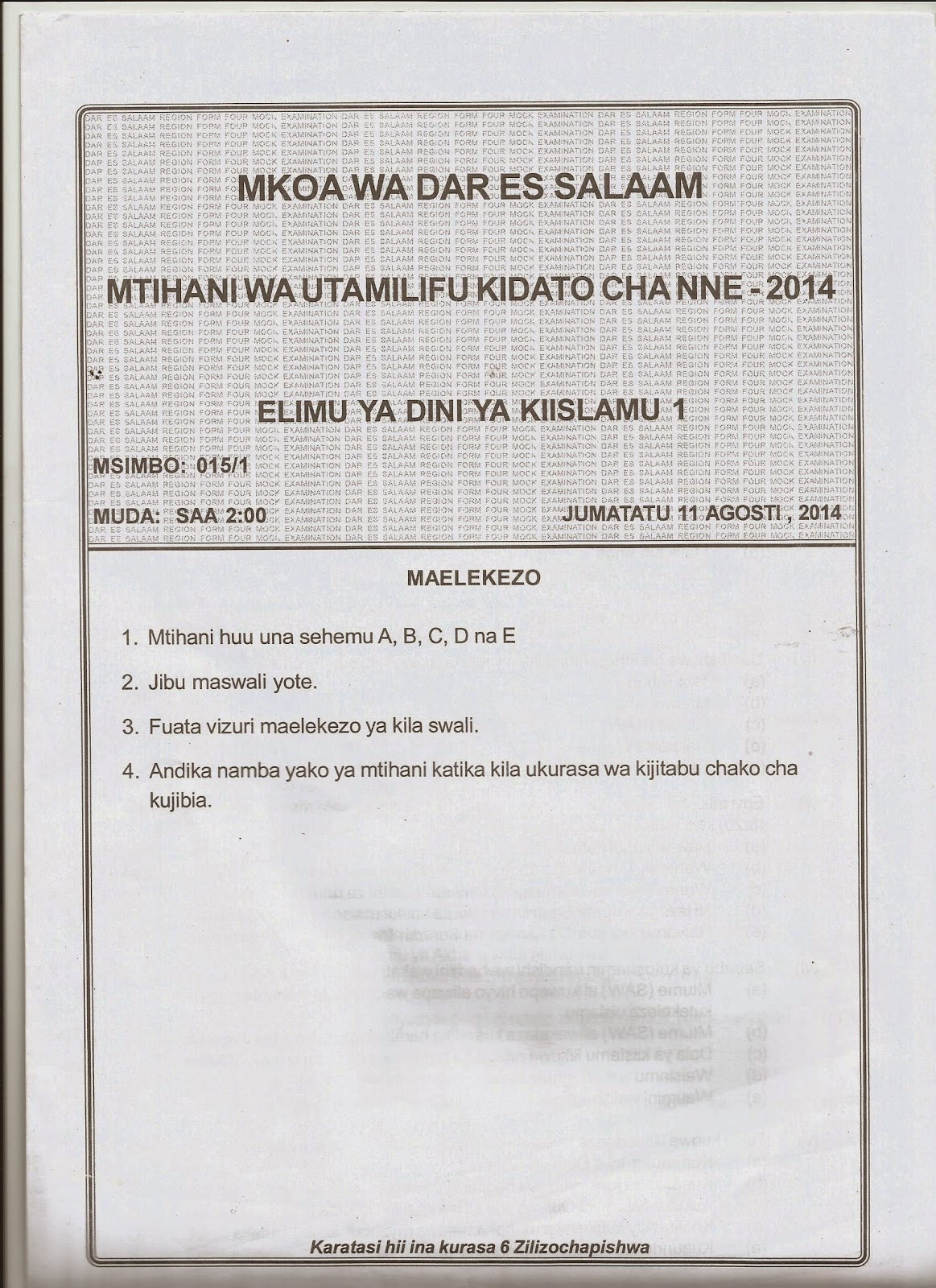The World Bank Organization describes poverty in this way:
“Poverty is hunger. Poverty is lack of
shelter. Poverty is being sick and not being able to see a doctor.
Poverty is not having access to school and not knowing how to read.
Poverty is not having a job, is fear for the future, living one day at a
time.
Poverty has many faces, changing from
place to place and across time, and has been described in many ways.
Most often, poverty is a situation people want to escape. So poverty is a
call to action -- for the poor and the wealthy alike -- a call to
change the world so that many more may have enough to eat, adequate
shelter, access to education and health, protection from violence, and a
voice in what happens in their communities.”
In addition to a lack of money, poverty is about not being able to
participate in recreational activities; not being able to send children
on a day trip with their schoolmates or to a birthday party; not being
able to pay for medications for an illness. These are all costs of
being poor. Those people who are barely able to pay for food and shelter
simply can’t consider these other expenses. When people are excluded
within a society, when they are not well educated and when they have a
higher incidence of illness, there are negative consequences for
society. We all pay the price for poverty. The increased cost on the
health system, the justice system and other systems that provide
supports to those living in poverty has an impact on our economy.While much progress has been made in measuring and analyzing poverty, the World Bank Organization is doing more work to identify indicators for the other dimensions of poverty. This work includes identifying social indicators to track education, health, access to services, vulnerability, and social exclusion.
There is no one cause of poverty, and the results of it are different in every case. Poverty varies considerably depending on the situation. Feeling poor in Canada is different from living in poverty in Russia or Zimbabwe. The differences between rich and poor within the borders of a country can also be great.
Despite the many definitions, one thing is certain; poverty is a complex societal issue. No matter how poverty is defined, it can be agreed that it is an issue that requires everyone’s attention. It is important that all members of our society work together to provide the opportunities for all our members to reach their full potential. It helps all of us to help one another .

















































